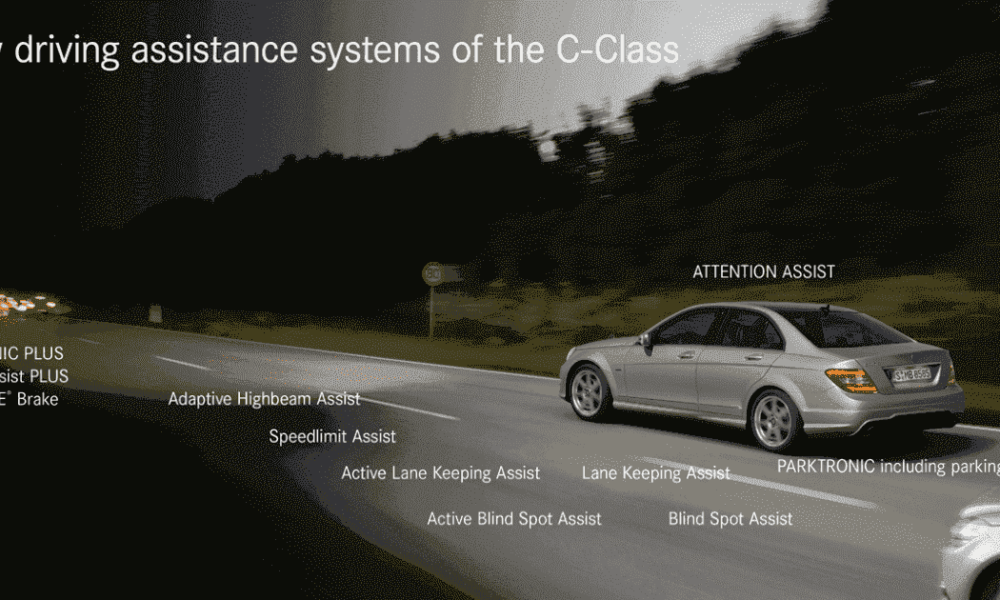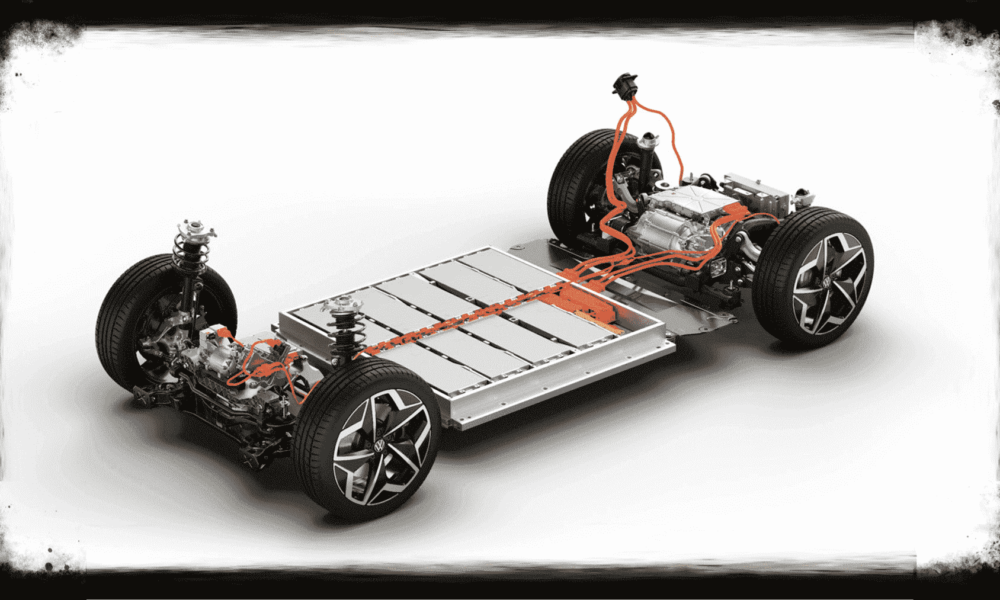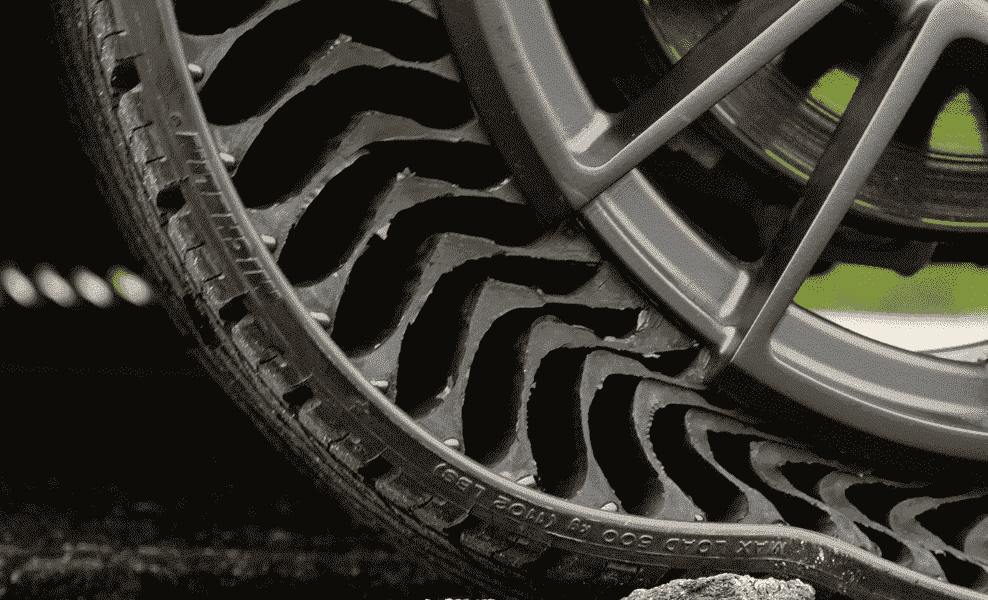Auto
How The Future of the Car Will be Enveloped by Software?

Table of Contents
Humans are fascinated by the future of the car, and have been for more than 100 years. While the predictions of the past have been centered around luxury, recent developments in cloud technology may make some of the bold predictions of the past more of a reality.
According to an issue of Scientific American published in 1918, the car of the future “will be constructed like a moving drawing room,” and entirely autonomous.
“The car of the future won’t leave anything to be done by manpower,” the article suggests. “If the engine starts, and lights, and pumps, and stops itself, why, shouldn’t it steer the car?”
Did our predecessors expect that cars would become self-driving?!
Although the dawn of cloud computing, and Internet of Things technology would’ve been mind-boggling to the futurists of the early 20th Century, it appears that the modern emphasis on automotive software, rather than mechanics, will make autonomy a key factor for the next generation of cars.
“As vehicles move from being mechanical tools to complex pieces of electrically powered technology, we’re witnessing possibly the biggest industrial shift of our generation,” notes Matthew Beedham, editor at automotive tech firm, TomTom.
“Where vehicle development once focused on mechanics, it will now have to focus on software.”
But how will these innovations change the future of cars? Let’s have a look at how technology is set to make cars safer, and more efficient in the near future.
The Arrival of Biometric Security
While traditional car keys have long been considered the weakest link when it comes to keeping cars safe from theft, the future promises to deliver a more personalized driving experience where your key comes in the form of your own biometrics.
The development of biometric vehicle access will mean that your car will verify you as its driver through the use of metrics like fingerprint scanning, or even your heartbeat, to allow the engine to start.

Today, biometric security is already being invested in by leading car companies like Mitsubishi, Ford, Mercedes-Benz, and Volkswagen, and the innovation could be a fundamental game changer for vehicle security in the future.
The innovation pioneering this change would revolve around the development of cloud computing, and a vehicle will need to remain connected to the cloud to verify its owner whenever they enter the car.
This will also likely change the game when it comes to using a car locksmith. Rather than car unlocking, and key fob programming services, locksmiths will likely evolve even more towards technical abilities whereby cars could be paired up with new owners or reprogrammed to remove previous owners.
Safety Through Automation
It’s clear that automation is set to be the next major innovation when it comes to transportation.
While early incarnations of fully autonomous driving have shown that there’s a long road ahead before we’re all letting our cars do our driving for us, we’ll certainly see autonomous features built into cars at an increasing rate over the coming years.
Matters of safety promise to be one of the most important areas that automation could improve.
Automated driving systems are increasingly gaining the power to remove the driver from the chain of events that can occur prior to a crash. Although these systems are likely to be some years away from perfection, their ability to prevent collisions could lead to countless saved lives.
Today, drivers do have access to active safety systems, which provide advanced driver assistance by anticipating approaching danger.
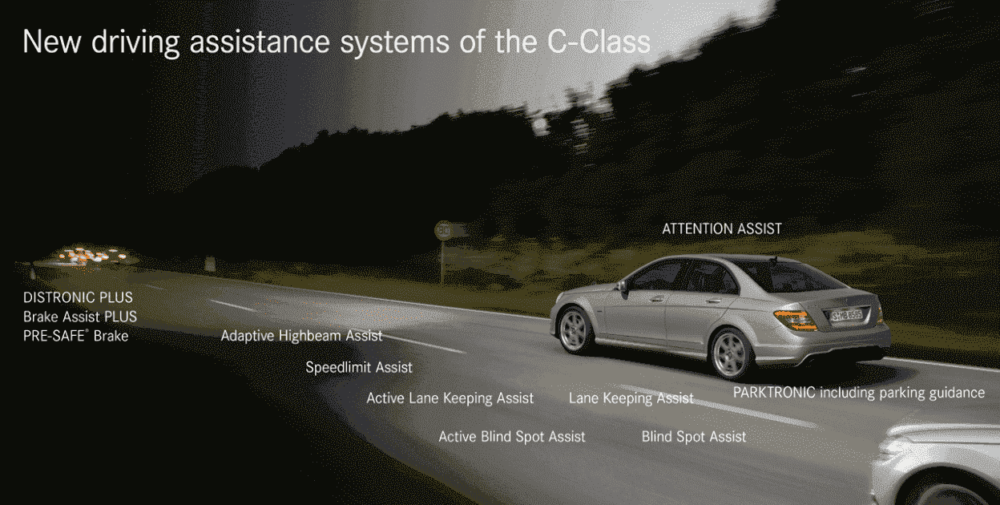
We can see some of the automated assistive technologies active in more recent models of the Mercedes C-Class. Crucially, technologies like the PRE-SAFE Brake can help to react faster to objects on the road by quickly reacting to objects by emergency braking before an accident occurs.
These semi-autonomous technologies are likely to grow in intelligence for drivers to help ensure that assistive programs can step in should a threat to safety be identified.
This will help to anticipate accidents, and could even communicate with interconnected cars to determine whether a hazard is approaching based on whether rapid braking has recently taken place in the same spot.
Greater Emphasis on Sustainability
Alongside the development of software to improve car safety, and security, we’re also set to see developments in the sustainability of motor vehicles.
Although electric cars have been hindered by the issue of charging times, by 2040, we may be looking at the arrival of cars capable of travelling up to 500 miles on a single charge, with a 75% charge delivered in just 15 minutes.
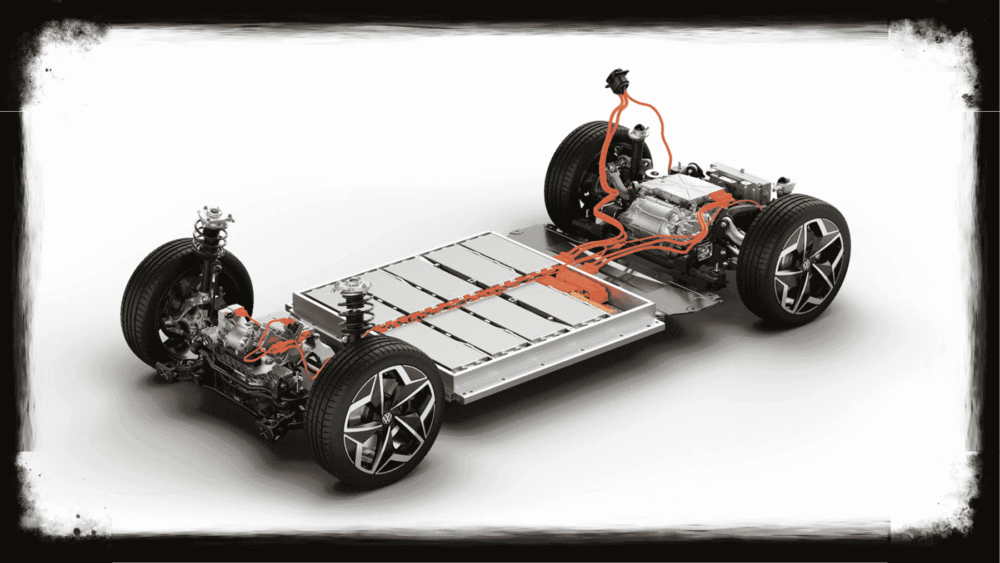
While it can be difficult to look at exactly how interconnected technologies will enter the automotive industry in the future, the rise of electric vehicles is already taking shape.
Today, the typical EV battery has an energy density of 30kWh, which can offer a range of around 100 miles, by the end of the 2020s, Bosch aims to double this output to a 60kWh output to provide over 200 miles of range.
It’s likely that this generation of battery will help to pave the way for a new perspective on the viability of energy-efficient vehicles.
Airless Tyres
Hardware will also complement software in delivering new, safer vehicles in the future. For example, 3D printers may one day create airless tyres based on a honeycomb pattern that can prevent the dangers presented by flats or a blowout.
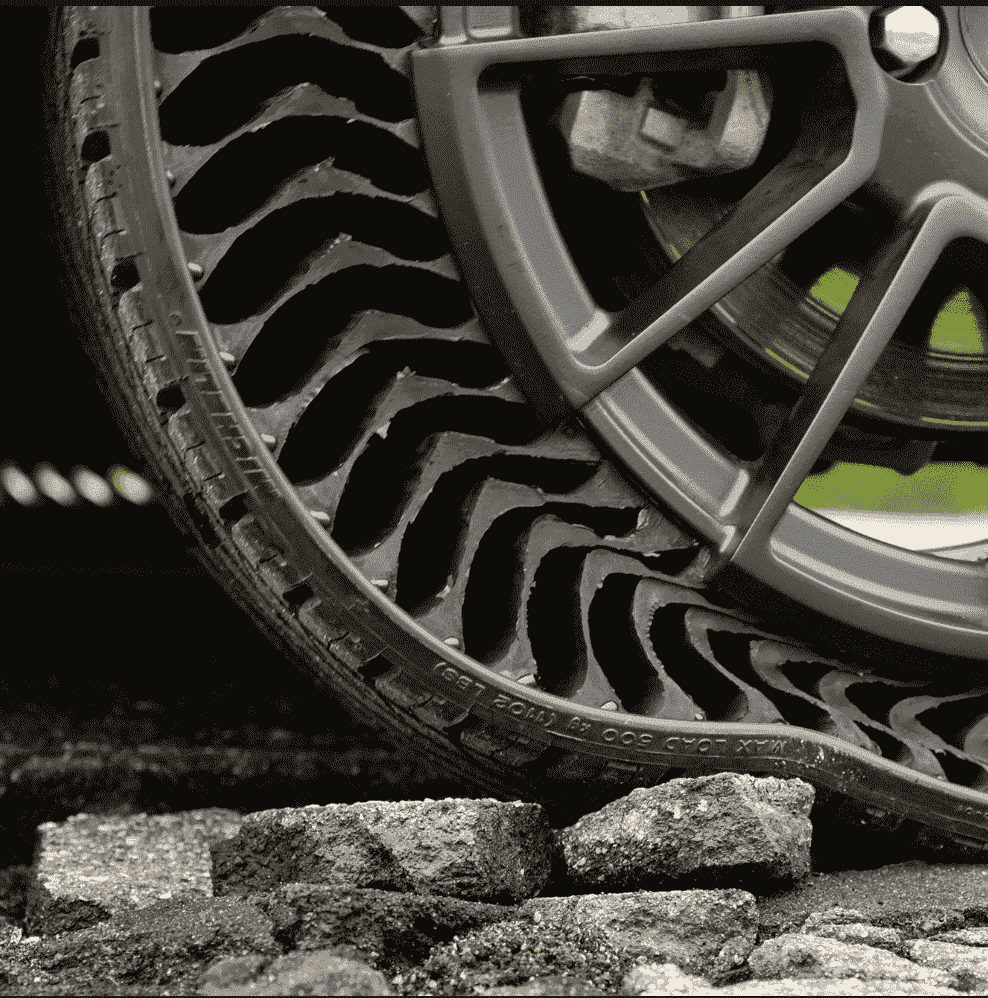
This innovation is set to provide even greater safety to motorists as they can work alongside a series of sensors that can monitor their deterioration over time, and alert the driver when a replacement is needed.
Although it would’ve been difficult for the magazines of 1918 to predict 3D-printed tyres, and biometric car keys, it seems that they had the right idea in anticipating that the cars of tomorrow would be more luxurious, and automated.
With a greater emphasis on safety, and sustainability, there’s plenty to be excited about in tomorrow’s world, even if we’re not quite ready to take our hands off the wheel, and let AI do our driving for us.



